(January 1, 2023) A study estimates that in 2023, globally, people took around 54000 images per minute, which amounts to a mammoth 1.81 trillion for the year. In this sea of images that we are flooded with, how can a photograph make an impact any longer? “A compelling image is one that evokes an emotional response,” shares Shweta Gulati. A photographer par excellence who works as a video producer and editor on the immersive experiences team at National Geographic, she creates content across various platforms, including Instagram, TikTok, and the Nat Geo website, sharing powerful images that leave an impact.
Shweta consistently pushes boundaries with her powerful story telling. Spearheading some of Nat Geo’s more complex visual-led digital interactives, she was the producer for a short film about a high school graduation during the COVID-19 epidemic (Class of 2020 Says Goodbye) which received the third place at the Pictures of the Year Awards International, and third Place at the NPPA Awards in 2021. She also produced and edited the award-winning project for Instagram by NatGeo Explorer Michele Norris Race Card, that won the First Place Award at the National Press Photographers Association and chronicled the story of race through the eyes of over half a million Americans.
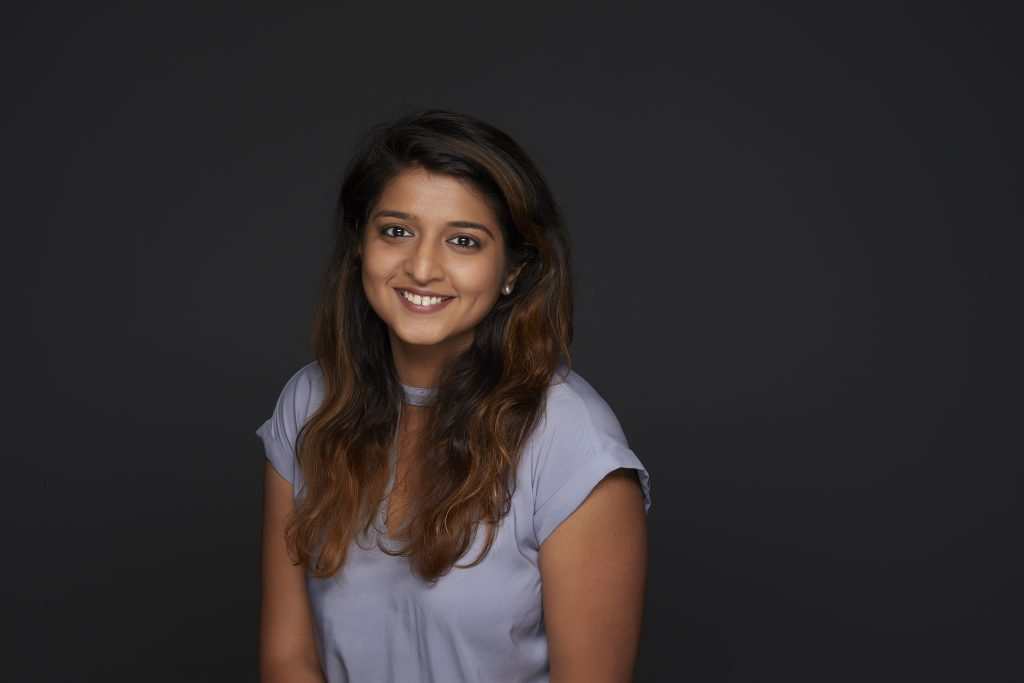
Shweta Gulati
Steadfastly creating a body of work that is winning accolades by the day, this Global Indian‘s secret sauce for success is simple. “For me, it’s about eliciting an emotional response from my work, not just documenting the scene and relying on a caption to convey the complete story,” she smiles.
Shifting gears
After completing her undergraduation from NIT Surat, the 35-year-old relocated to Cyprus to work as a software engineer for Amdocs. “It was a picturesque place with beautiful beaches, and during my free time, I casually took travel photos, though nothing extraordinary,” she recalls.
The turning point came when she moved to the US for graduate school, and while pursuing her Master’s in Computer Science at the University of Texas in Austin, stumbled upon the college newspaper, The Daily Texan, and decided to try out as a staff photographer. And she never looked back.
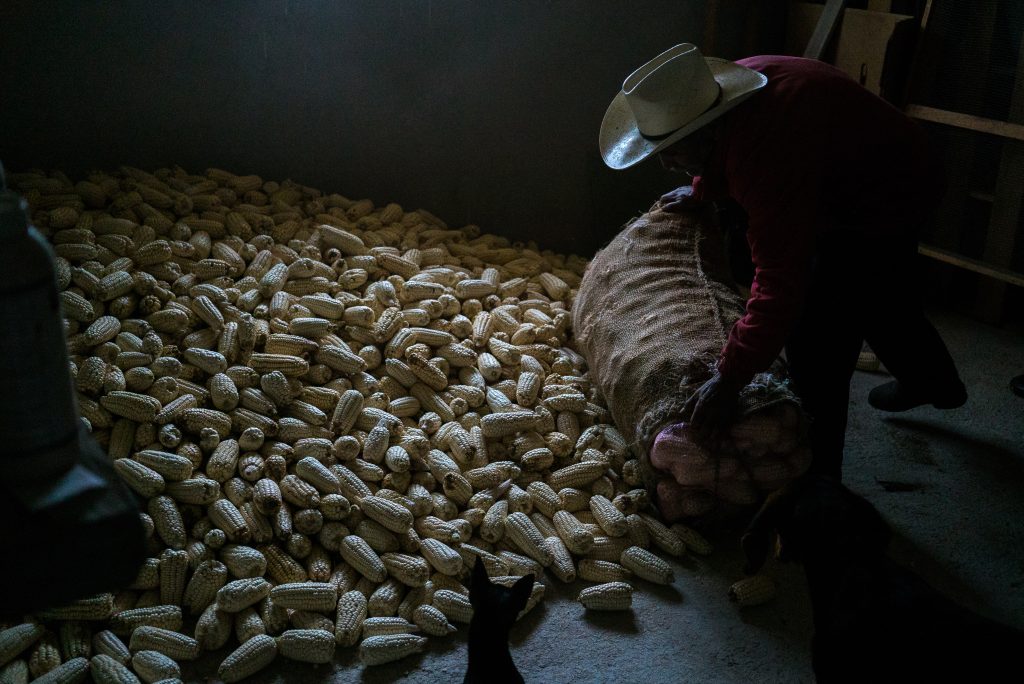
“My father taught me to cultivate corn at a young age, my father planted lots of corn, so that mom can make tortillas for the family,” – A photo by Shweta Gulati
For The Daily Texan, Shweta captured moments at comedy and music festivals and photographed college sports, as well as various political events. She recounts, “One notable highlight was seeing one of my photos from a story about the Texas G.O.P. published in The New York Times — that was a truly gratifying experience!”
Henri Cartier-Bresson once said, “Your first 10,000 photographs are your worst.” And Shweta believed it maximum during her initial days of learning photography.
After her graduation, Shweta took on a role as a site reliability engineer at eBay in California, however, on weekends, she started freelancing for newspapers like the San Francisco Chronicle and SF Examiner. “Eventually, I decided to follow my passion wholeheartedly. I quit my job and applied for a Master’s program in the Multimedia, Photography, and Design (MPD) department at the Newhouse School, Syracuse University,” she adds.
Dreaming big
What Shweta brings out through her stunning images is a unique blend of technical and creative skills as she not only has a keen eye but also empathy for her subjects.
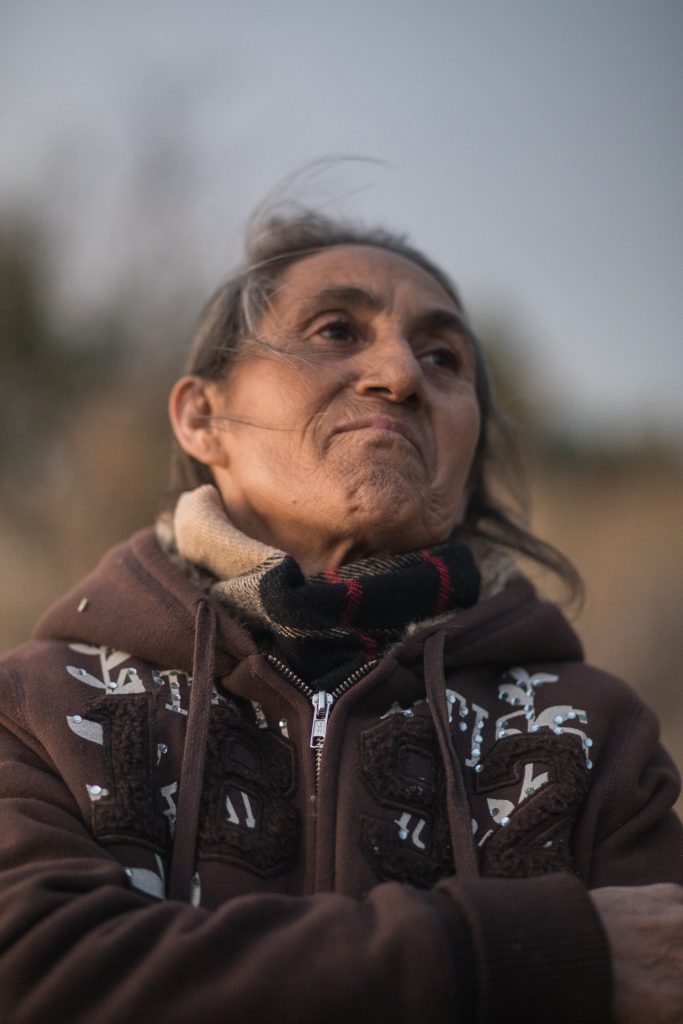
“When connecting with people through photography, I’m focused on telling their stories effectively. In my journey as a photographer, I’ve developed a keen interest in documentary-style photography—crafting a body of work that tells a narrative. My goal is to make viewers care,” she states.
We are now living in an era where photography has become extremely accessible, thanks to the smartphone. While Shweta believes it to be a good phenomenon, she says the onus still remains on the skill. “The principles of telling a story and creating a technically sound image—such as composition and lighting—are not determined by the equipment you use but by your eye,” she explains.
The photographer thrives on experimentation; she enjoys creating mixed-media work — whether it involves audio, video, immersive, graphics, or any medium that enhances the storytelling and moves it forward. “During my graduate school at Syracuse University, I worked on a documentary photography project titled ‘La Hermosa Libertad’. The project delves into one family’s separation across the US-Mexico border and is an ode to memory. I made a photobook that provides a nuanced account of the complexity of nostalgia and offers a glimpse into the depth of a migrant’s fragmented life,” she adds.
Shweta’s images have a stoic and lyrical quality to them. Her lens captures the nuances of people and places with an unerring sense of the subject’s setting. It is this finesse that lends the images an ethereal quality and speaks to others. It is little wonder that her work at National Geographic has been recognized by Pictures of the Year International, Webby Awards, The Society of Publication Designers, and NPPA Best of Photojournalism awards.
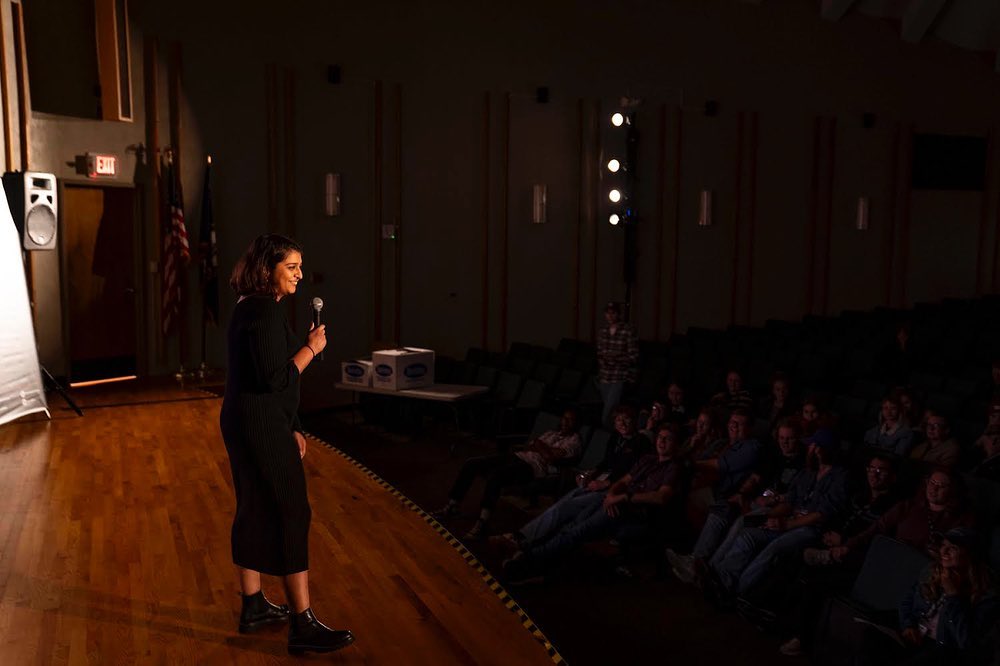
A workshop by Shweta Gulati
A storyteller par excellence
While most photographers first fall in love with visuals as a photographer, she delved into photo editing with an interest in elevating her creative work. She started out as a photo-editing intern in 2018 and was then hired as an associate photo-editor for the National Geographic magazine where she focused on photo research and commissioned photographers for still-life and portraiture assignments.
At National Geographic, Shweta worked across various visual storytelling mediums, first as a photo editor for the magazine and now creating short-form video content for a growing 700 million+ audience across all social platforms. Her background in technology has helped her along the way.
Shweta works on stories that lie at the intersection of natural history, conservation, archaeology, and scientific discovery. She elucidates, “It was a lot of experimentation, but I’m able to bring my storytelling skills to the core areas of National Geographic. With a very low attention span on social media, it is an exciting challenge to envision how science stories can live on these platforms while at the same time engaging and informing people.”
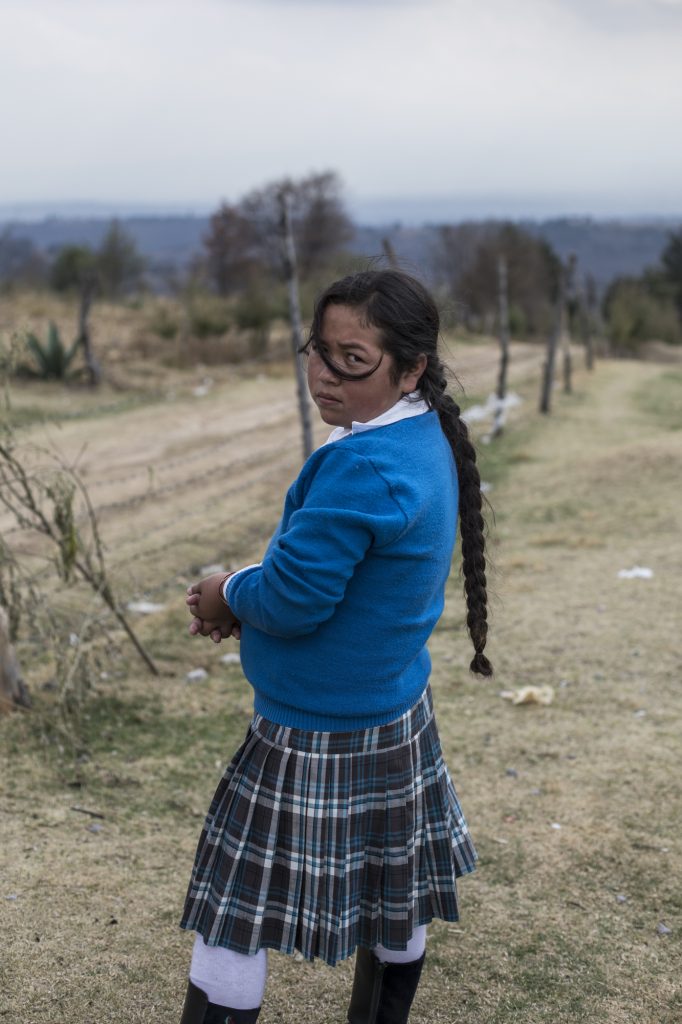
What is the process of making a good picture? Shweta pauses and ponders before answering, “For me, connecting with the story and the person I’m photographing is crucial before capturing an image. Before even bringing out the camera, establishing trust with the people I’m photographing is of utmost importance.”
In a brief span, social media has revolutionised the media industry and has become the primary driver of audience engagement. With photography as its premise, the app has been both a boon and a bane, especially for legacy publications. The photographer, however, sees an opportunity in it. “For publications like National Geographic, it helps to maintain ties with both traditional readership and to cultivate a new audience whose primary interaction with the brand occurs through social media. I genuinely believe that social media is the perfect tool for engaging audiences and making content more accessible.”
Committed to leveraging innovation in visual media and embracing emerging technologies to elevate the quality and depth of her stories, Shweta is looking forward to teaching at the International Center of Photography teen academy course on The Art of Mobile Visual Storytelling this Spring. When not shooting with her lens, the photographer loves doing standup comedy in her free time and performed her first ever stand-up show at DC Improv, Washington DC in 2022.
- Follow Shweta Gulati on Instagram



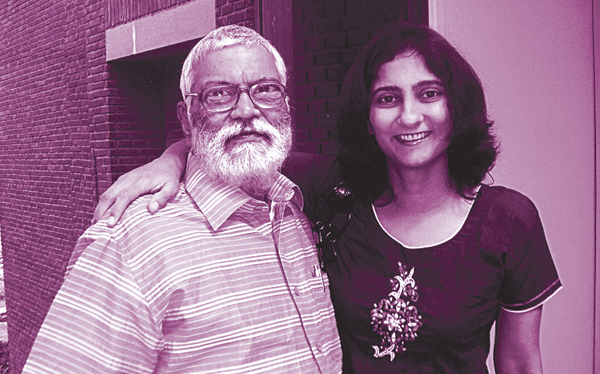 Anu with her father[/caption]
Anu with her father[/caption]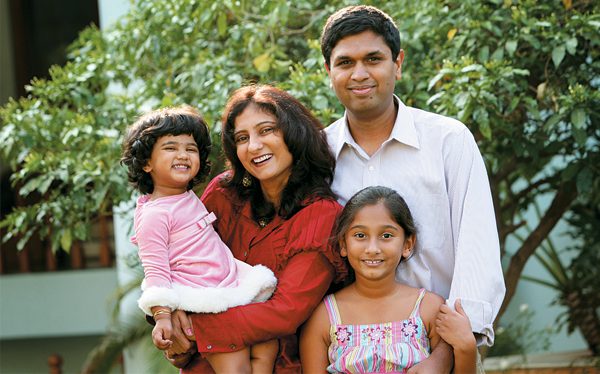 Anu with her husband and daughters[/caption]
Anu with her husband and daughters[/caption]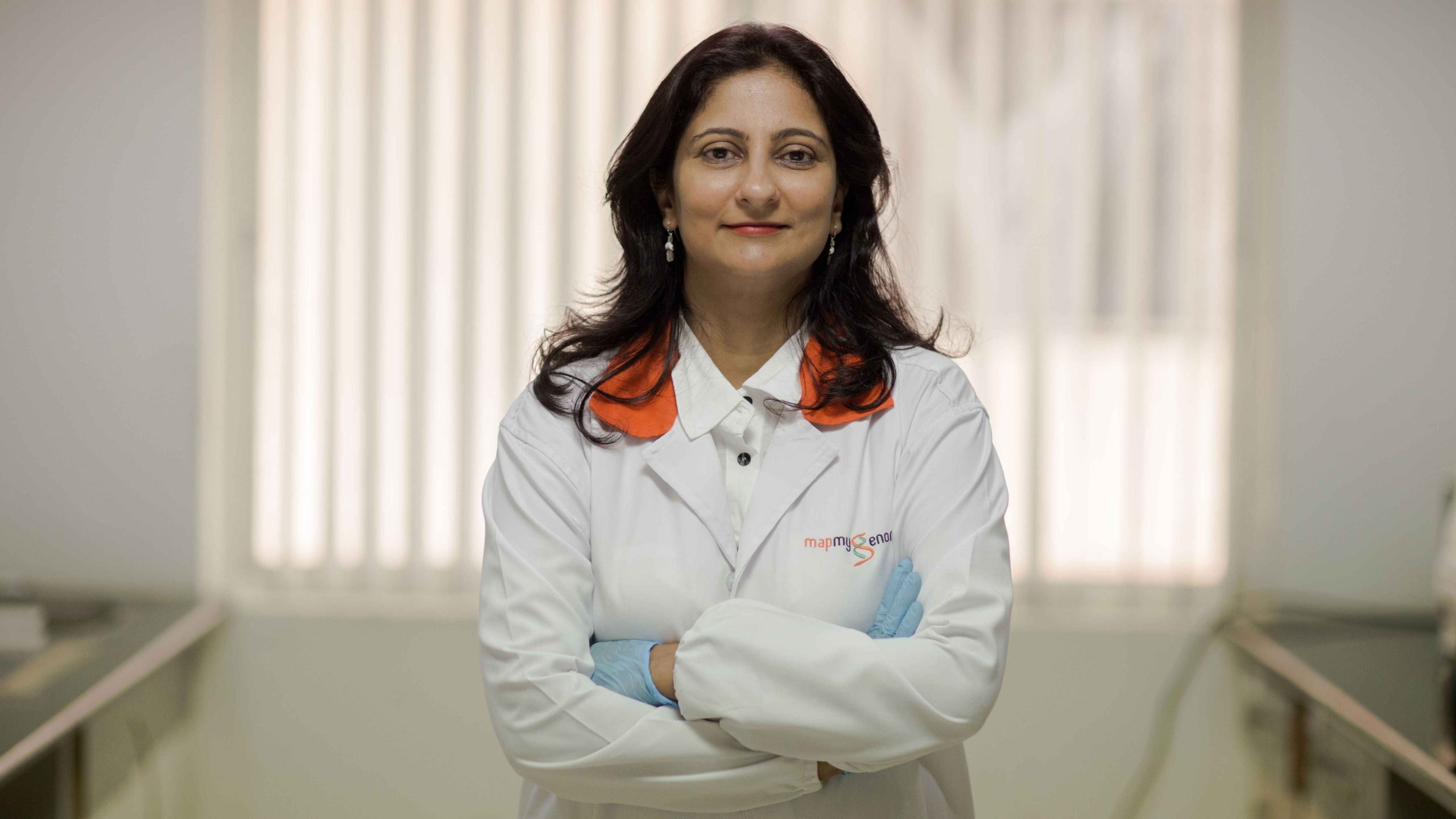

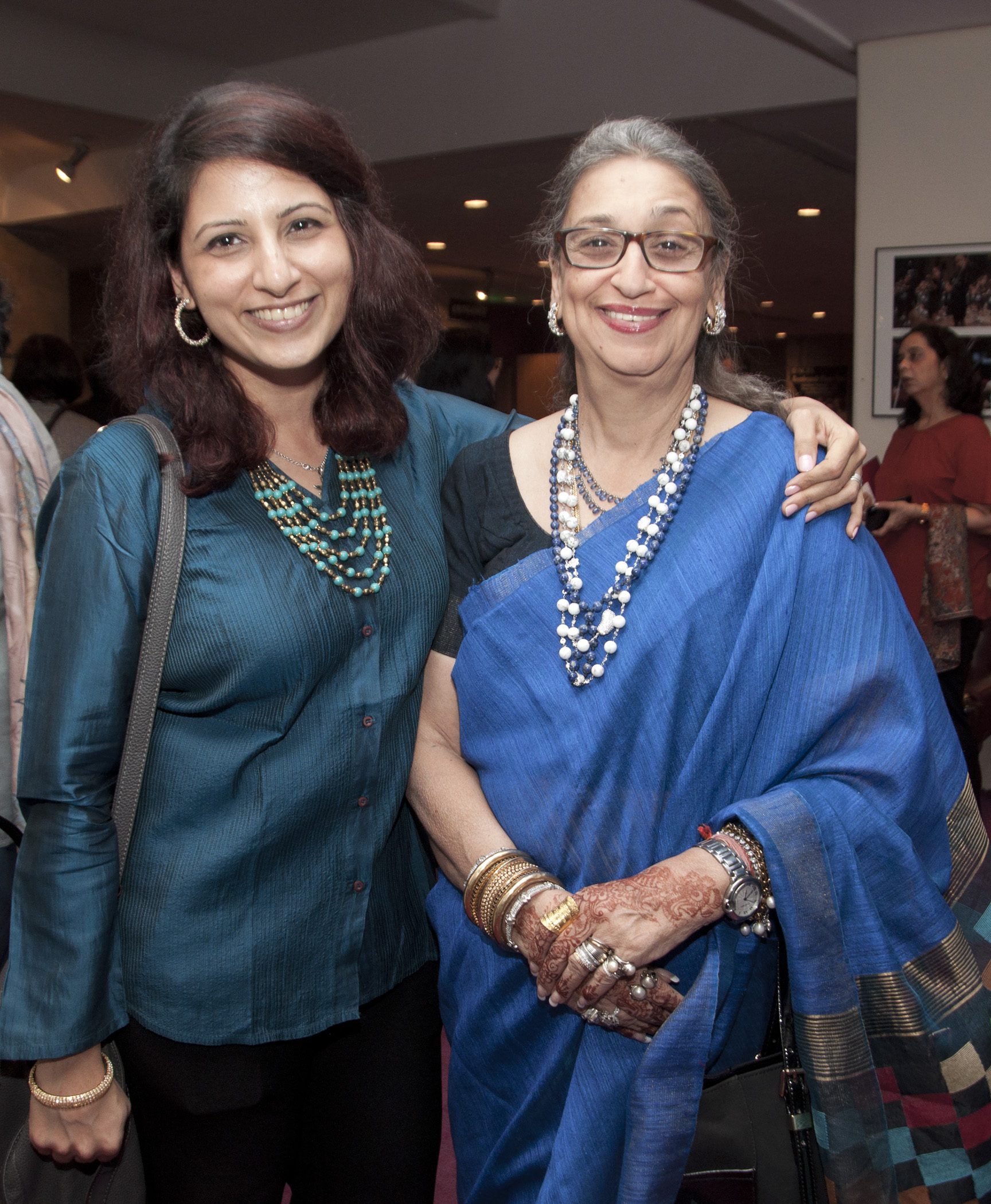 Ashaita and Vera Mahajan[/caption]
Ashaita and Vera Mahajan[/caption]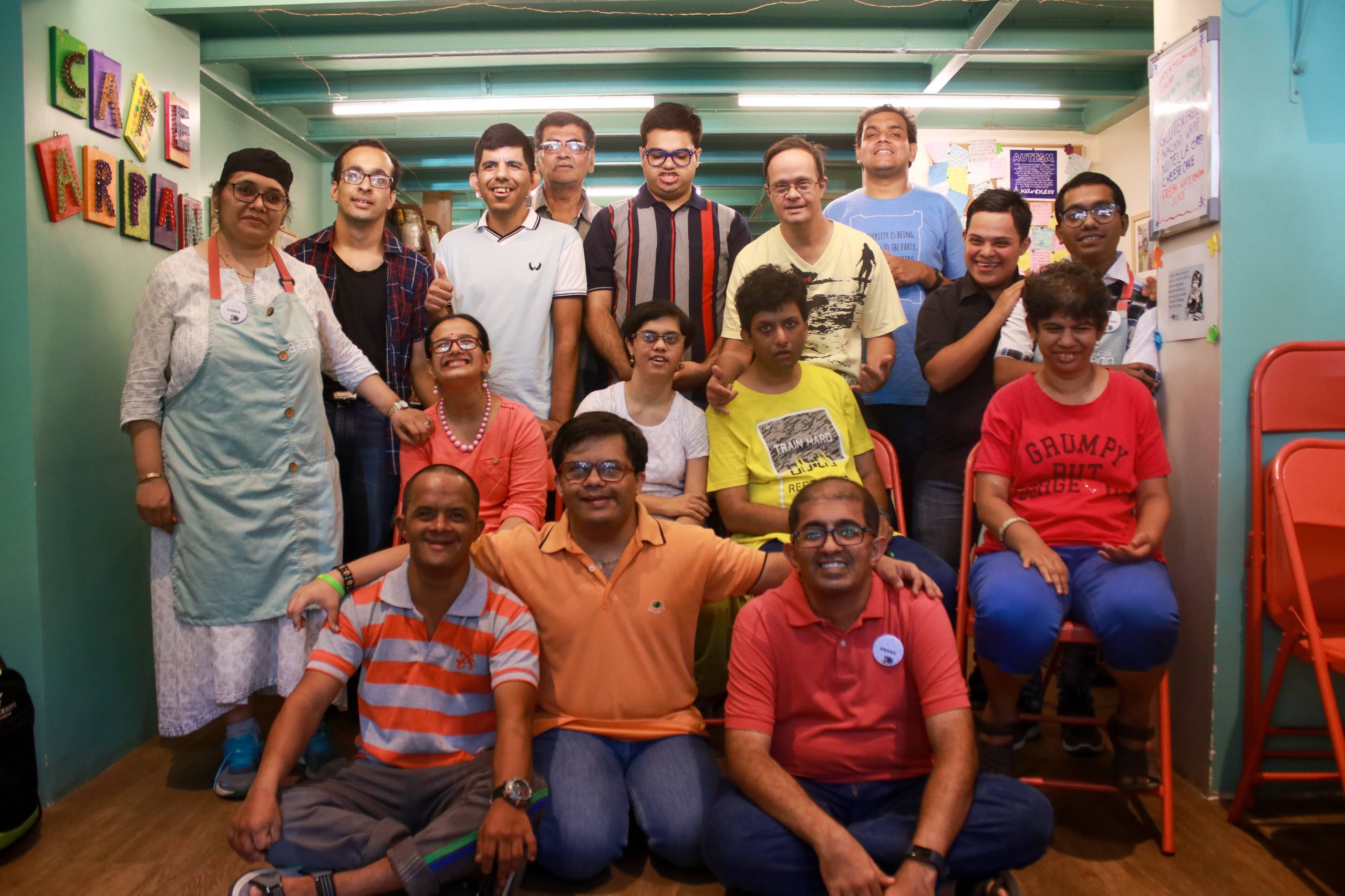 Team Café Arpan[/caption]
Team Café Arpan[/caption]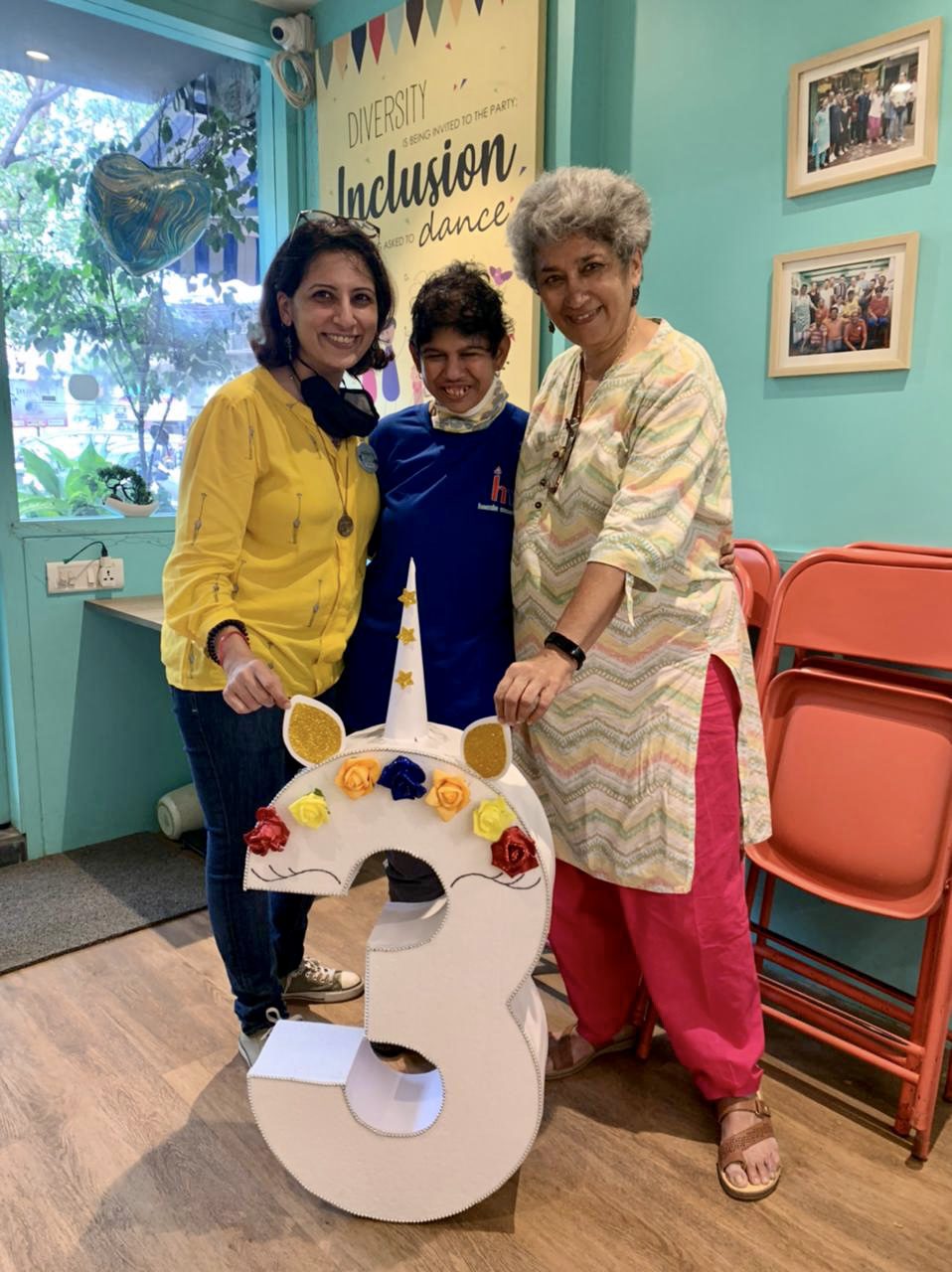 Ashaita with Dr Sushama and Aarti Nagarkar at Café Arpan's third anniversary[/caption]
Ashaita with Dr Sushama and Aarti Nagarkar at Café Arpan's third anniversary[/caption]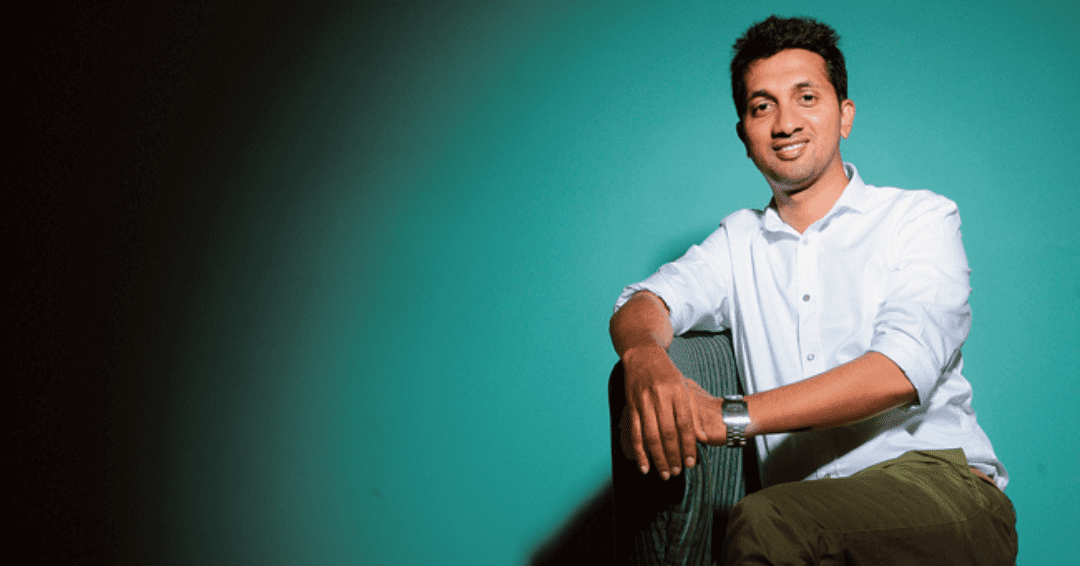
 PC Musthafa is the CEO of iD Fresh Foods.[/caption]
PC Musthafa is the CEO of iD Fresh Foods.[/caption]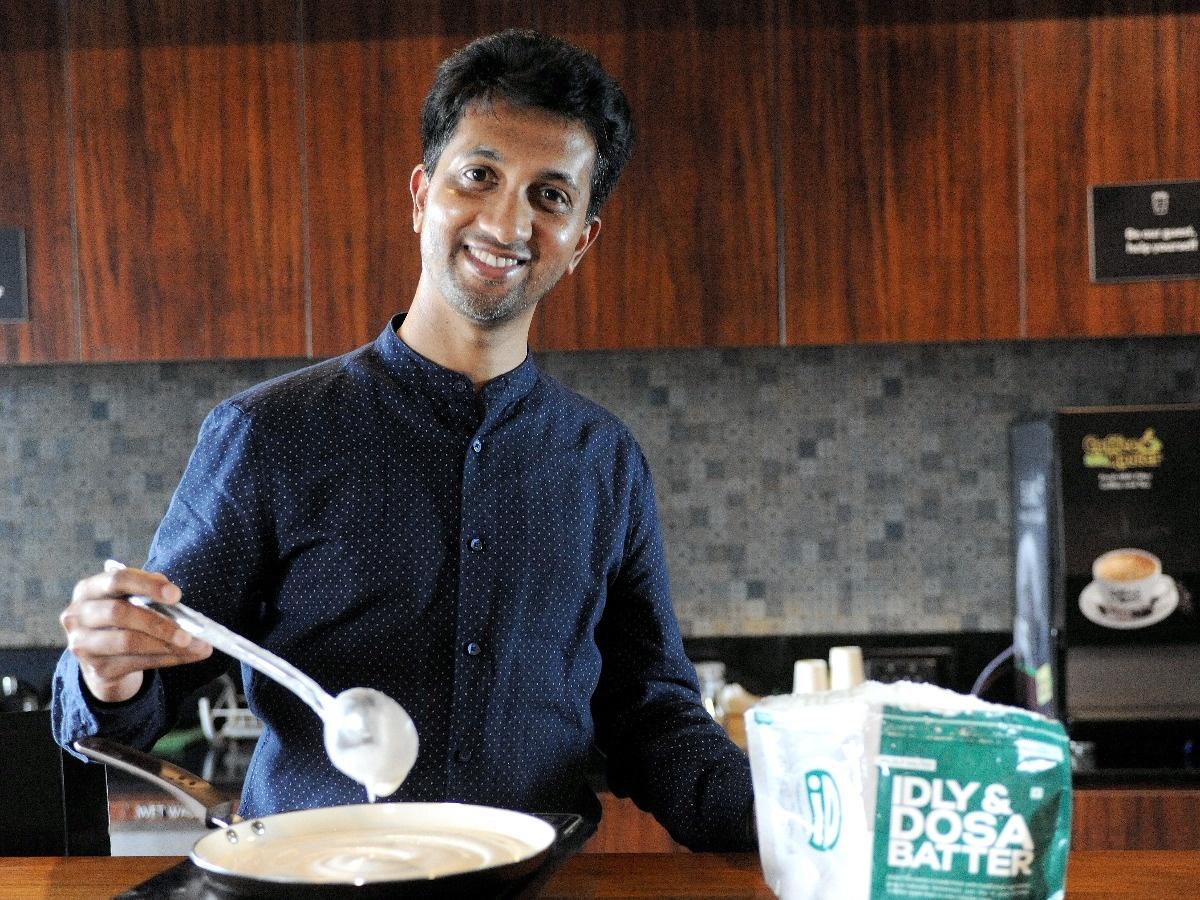 PC Mustafa preparing dosa[/caption]
PC Mustafa preparing dosa[/caption]
 Neerja Patel during a media briefing session[/caption]
Neerja Patel during a media briefing session[/caption]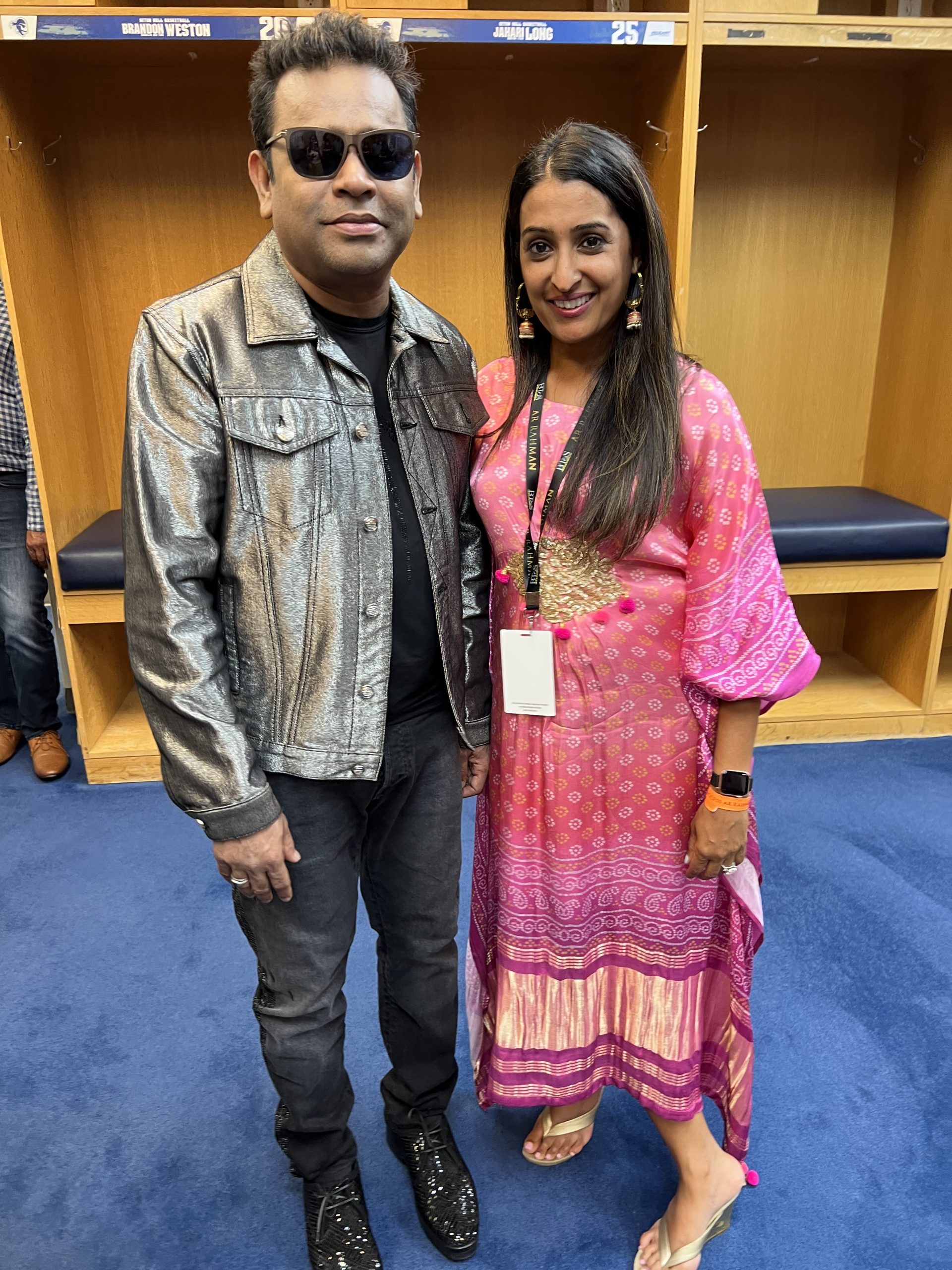 Neerja Patel with AR Rahman[/caption]
Neerja Patel with AR Rahman[/caption] Neerja Patel[/caption]
Neerja Patel[/caption]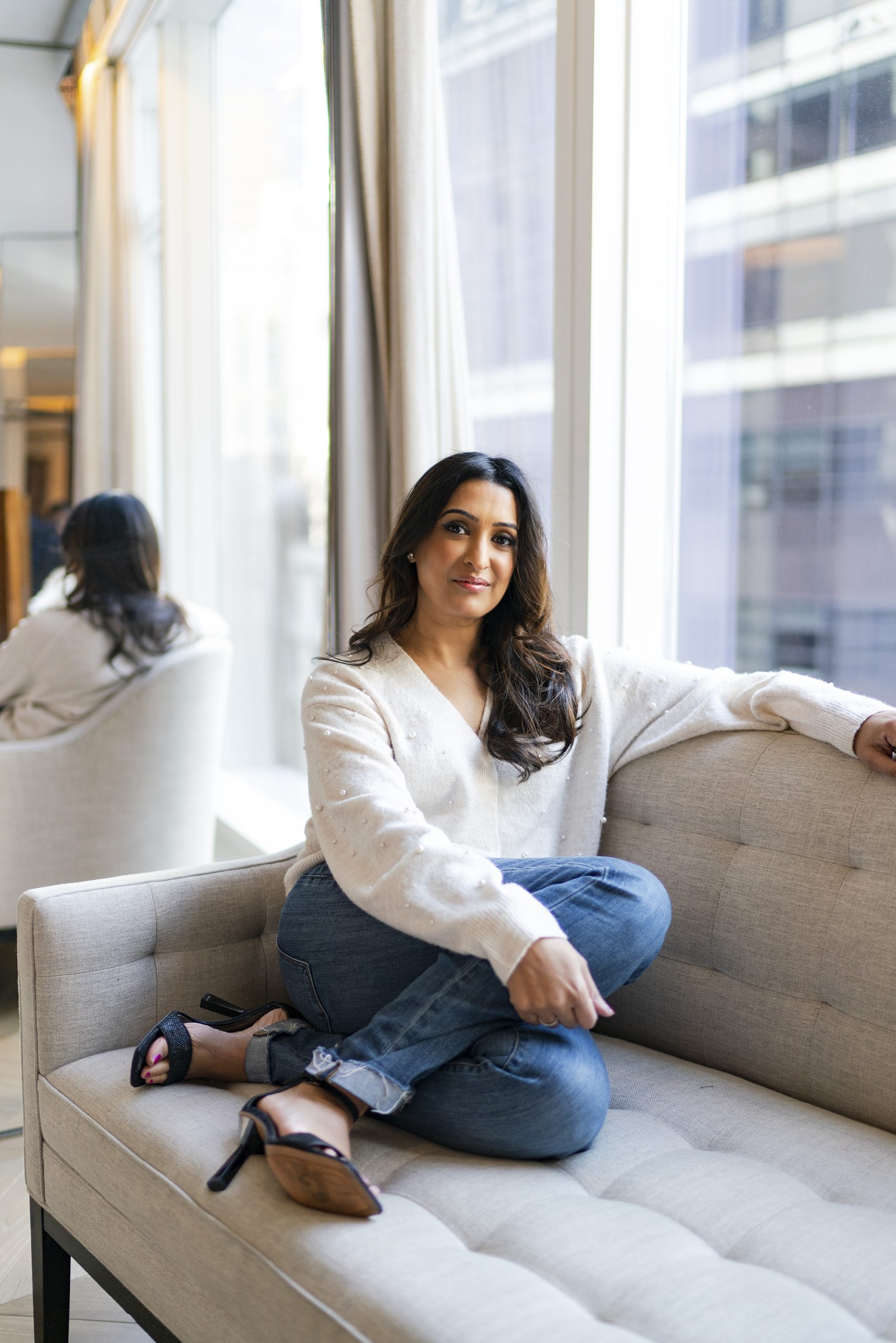 Neerja Patel[/caption]
Neerja Patel[/caption]
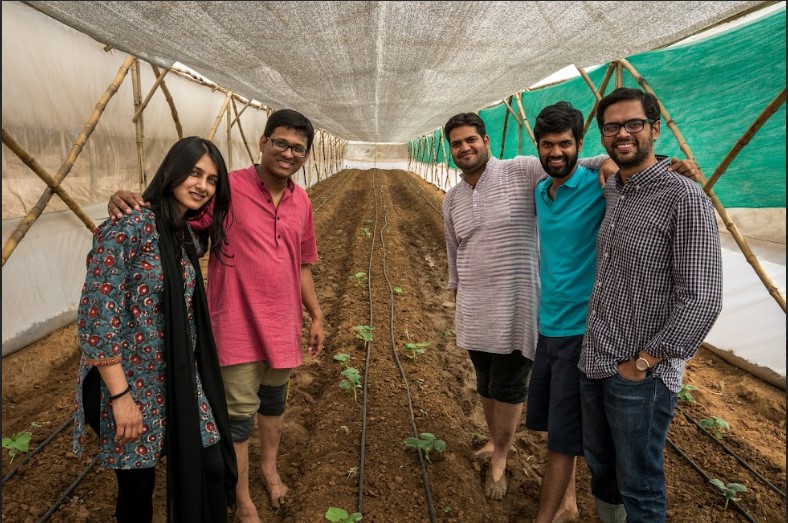 Team Kheyti[/caption]
Team Kheyti[/caption]